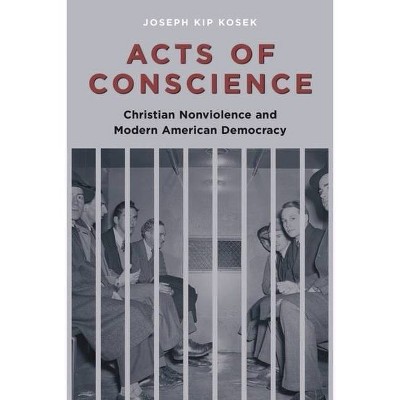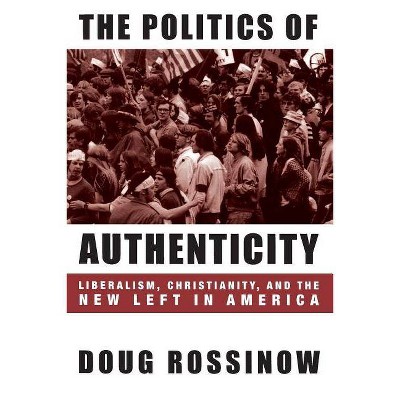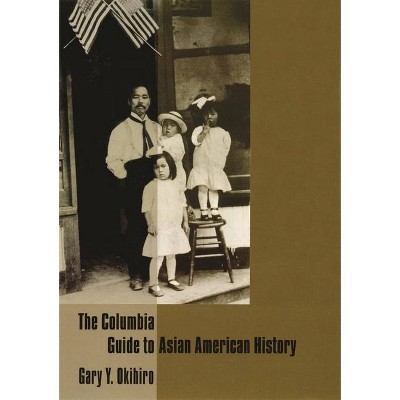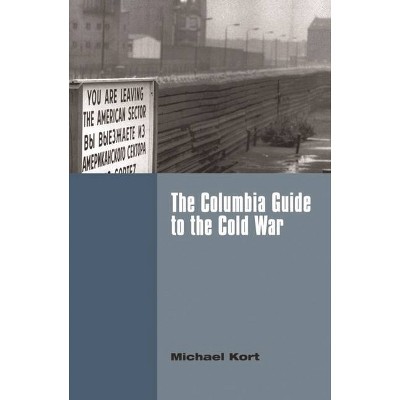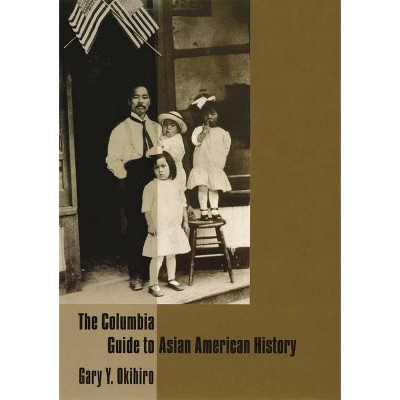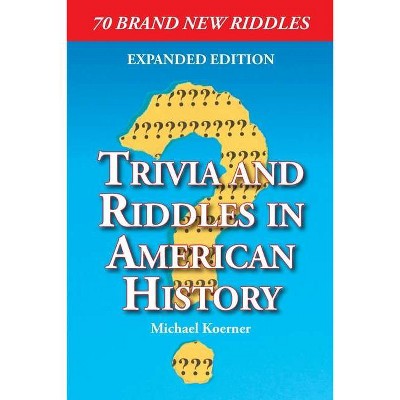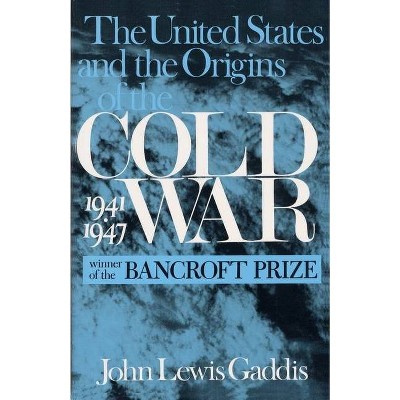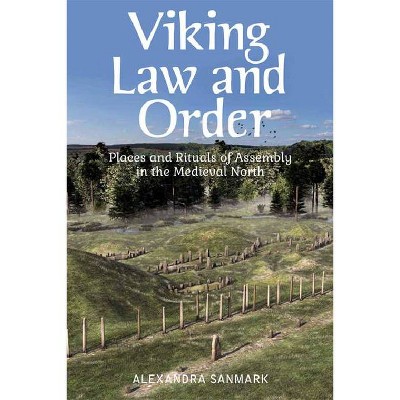Law and Order - (Columbia Studies in Contemporary American History) by Michael Flamm (Paperback)
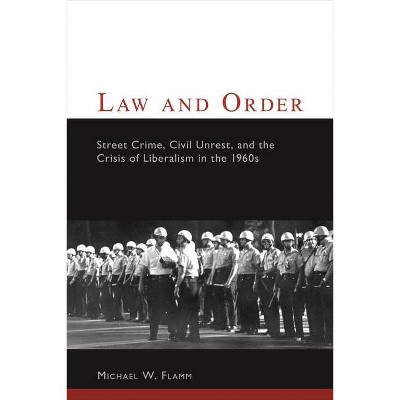
Similar Products
Products of same category from the store
AllProduct info
<p/><br></br><p><b> About the Book </b></p></br></br><p>In the mid-1960s, amid a pervasive sense that American society was coming apart at the seams, a new issue known as 'law and order' emerged at the forefront of national politics. First introduced by Barry Goldwater in his ill-fated run for president in 1964, it eventually punished Lyndon Johnson and the Democrats and propelled Richard Nixon and the Republicans to the White House in 1968. </p><p>In this thought-provoking study, Michael W. Flamm examines how conservatives successfully blamed liberals for the rapid rise in street crime and then skillfully used law and order to link the understandable fears of white voters to growing unease about changing moral values, the civil rights movement, urban disorder, and antiwar protests. Liberals, Flamm argues, were by contrast unable to craft a compelling message for anxious voters. Instead, they either ignored the crime crisis, claimed that law and order was a racist ruse, or maintained that social programs would solve the "root causes" of civil unrest. By 1968, this seemed increasingly unlikely and contributed to a loss of faith in the ability of the government to do what it was above all sworn to do-protect personal security and private property.</p><p/><br></br><p><b> Book Synopsis </b></p></br></br><p>In the mid-1960s, amid a pervasive sense that American society was coming apart at the seams, a new issue known as 'law and order' emerged at the forefront of national politics. First introduced by Barry Goldwater in his ill-fated run for president in 1964, it eventually punished Lyndon Johnson and the Democrats and propelled Richard Nixon and the Republicans to the White House in 1968. </p><p>In this thought-provoking study, Michael W. Flamm examines how conservatives successfully blamed liberals for the rapid rise in street crime and then skillfully used law and order to link the understandable fears of white voters to growing unease about changing moral values, the civil rights movement, urban disorder, and antiwar protests. Liberals, Flamm argues, were by contrast unable to craft a compelling message for anxious voters. Instead, they either ignored the crime crisis, claimed that law and order was a racist ruse, or maintained that social programs would solve the "root causes" of civil unrest. By 1968, this seemed increasingly unlikely and contributed to a loss of faith in the ability of the government to do what it was above all sworn to do-protect personal security and private property.</p><p/><br></br><p><b> Review Quotes </b></p></br></br><br>Recommended.--Choice<br><br><i>Law and Order</i> is essential reading for anyone interested in American society during the 1960s--James Miller "Journal of American Studies "<br><br>A cohesive study of the politics-law-and-order nexus.--John C. McWilliams "The Historian "<br><br>Meticulously documented... an important contribution to the literature on the 1960s era and its link to today's political discourse.--Edward P. Morgan "Political Science Quarterly "<br><br>This book will be of interest to anyone who teaches and/or writes about the politics of the 1960s.--Timothy N. Thurber "H-Net "<br><br>This is must reading.--Michal R. Belknap, California Western School of Law and University of California, San Diego "American Historical Review "<br><p/><br></br><p><b> About the Author </b></p></br></br>Michael W. Flamm is associate professor of history at Ohio Wesleyan University and the coauthor of <i>The Chicago Handbook for Teachers</i> and <i>Debating the 1960s</i>.<br> Michael Flamm is Associate Professor of History at Ohio Wesleyan Universtiy. He is co-author of The Chicago Handbook of Teaching (University of Chicago Press, 1999). He received his Ph.D. at Columbia University.
Price History
Price Archive shows prices from various stores, lets you see history and find the cheapest. There is no actual sale on the website. For all support, inquiry and suggestion messagescommunication@pricearchive.us
